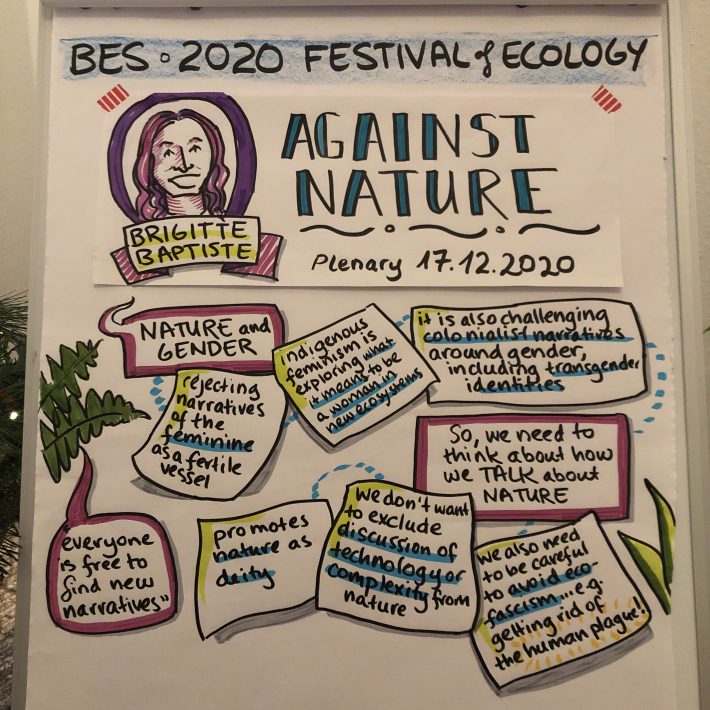Brigitte Baptiste – An LGBTQIA+ powerhouse in ecology
Brigitte Baptiste is one of the most well-known ecologists worldwide and the current Chancellor of Universidad EAN, one of Colombia’s top universities. But to what does she owe her success? To celebrate Pride Month, we spoke to Brigitte about her journey to academic renown, the best part of being an ecologist, and more.

After beginning her transition in the 1990’s, Brigitte Baptiste attributes her self-acceptance as a trans woman as the main reason behind her renown in the global ecological community. “Once I had built and shared my identity with the academic world and the public, I could not hide anymore,” explains Brigitte. “This resulted in better visibility for my ideas, naturally with positive and negative reactions, but always with my invitation to controversy, which is the best contribution to science.”
Across her career, Brigitte has undertaken several senior roles, including her 10 year stint as Director of the Alexander von Humboldt Institute where she championed sustainability and conservation.
However, she recalls her involvement with science communication and outreach specifically as the highlight of her career so far. Of course, her queer identity has impacted this as well, with her stating “I clearly identify my queerness as a condition that has prompted me to ask different questions and engage with many different people, including entrepreneurs, members of local and indigenous communities or, more recently, artists.”
“Queer identities in nature are disregarded as anomalies or less important phenomena
2022’s Hay Festival saw Brigitte in conversation with Ruven Afanador and Ana Gonzalez Rojas, both Colombian artists, about their latest exhibition surrounding the unique beauty of 26 indigenous communities living throughout Colombia.
Brigitte’s passion for written communication shines through in her eloquent explanation of queer ecology, a term first popularised by Canadian scholar, Catriona Sandilands. “Queer ecology is a critique of our potentially biased interpretation of ecological facts due to sexuality and gender related prejudice.
“Many evolutionary dynamics behind ecological processes are difficult to grasp because they are viewed within the margins of a sexist and heteronormative society,” As a result, examples of queer identities occurring in nature are usually disregarded as anomalies or less important phenomena.”

Brigitte Baptiste is also a prolific public speaker, in fact, she was a keynote speaker at the BES ‘Festival of Ecology’ in 2020, where she discussed humanity’s idea of nature and how it intersects with the concept of gender.
Her 2018 TEDx talk saw her use the Quindío wax palm, Colombia’s national tree, as an example of a organism known to switch it’s gender from male to female across its lifetime. This is just one example of many species where queer identities thrive. Although the talk is sprinkled with jokes, making the audience erupt with laughter, Brigitte ultimately brings home a crucial message – “It’s time to re-join sexual and gender identity in our visions of the environment, as there’s nothing more queer than nature.”
Here at the BES, we support queer ecologists through the ALDER (Advancing LGBTQIA+ Diversity, Equality & Representation) Network.
Like what we stand for?
Support our mission and help develop the next generation of ecologists by donating to the British Ecological Society.